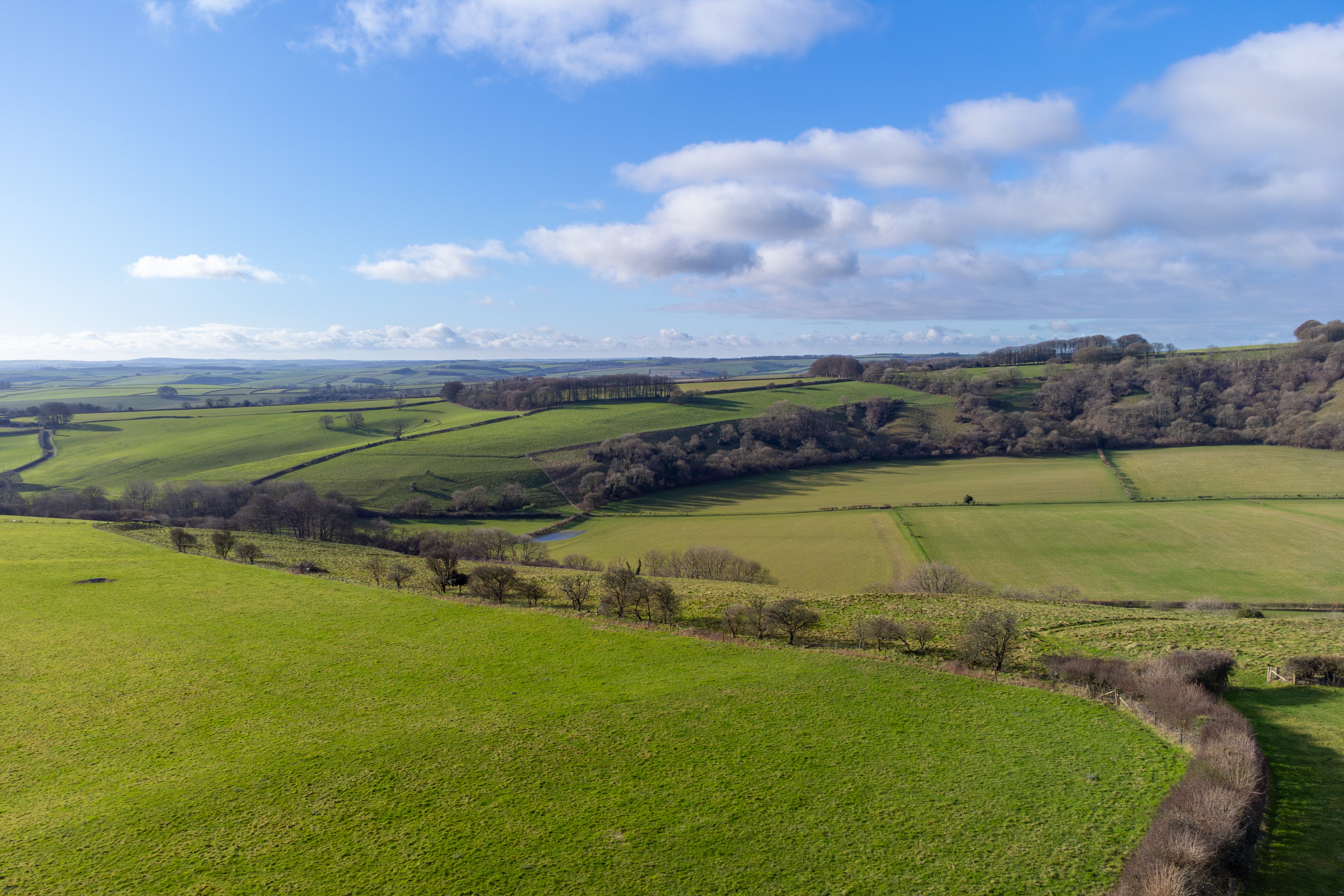Natural England partners wildlife trust in reduced pollution housing plan
Natural England and Dorset Wildlife Trust have bought Lyscombe Farm to create new habitats for wildlife and to allow development in the area.

Your support helps us to tell the story
From reproductive rights to climate change to Big Tech, The Independent is on the ground when the story is developing. Whether it's investigating the financials of Elon Musk's pro-Trump PAC or producing our latest documentary, 'The A Word', which shines a light on the American women fighting for reproductive rights, we know how important it is to parse out the facts from the messaging.
At such a critical moment in US history, we need reporters on the ground. Your donation allows us to keep sending journalists to speak to both sides of the story.
The Independent is trusted by Americans across the entire political spectrum. And unlike many other quality news outlets, we choose not to lock Americans out of our reporting and analysis with paywalls. We believe quality journalism should be available to everyone, paid for by those who can afford it.
Your support makes all the difference.An 833-acre farm has been purchased for nature and to allow thousands of homes to be built without worsening nutrient pollution, Natural England has announced.
The purchase of Lyscombe Farm, Dorset, by the government agency and Dorset Wildlife Trust, will enable about 3,700 new homes to be built in the catchment over the next few years while protecting local water quality, it said.
The farm, within the Dorset Downs in an area of chalk grassland, scrub, wildflower meadows and ancient woodland, is the source of the Little Piddle, a tributary of the River Piddle which flows into Poole Harbour.
More sustainable land management at the site will reduce agricultural inputs and other measures such as creating new wetlands will capture nutrients, as well as support wildlife.
The moves will reduce the amount of harmful nutrient pollution entering the waterways and reaching Poole Harbour, where it affects protected habitats for rare birds such as avocets and spoonbills.
The purchase was made possible through Natural England’s nutrient mitigation scheme, backed by £30 million of Government funding, and its national nature reserves funding alongside donations from Dorset Wildlife Trust supporters.
Natural England said it would be offering nutrient “credits” for sale to developers to offset the impact of building homes in the area, recouping taxpayers’ money spent on the farm.
Natural regeneration, rewilding and traditional conservation management techniques – including continuing to graze livestock – will be used to support the site’s downland and boost wildlife through the landscape, Dorset Wildlife Trust said.
There are also plans to improve visitor access, create a new national nature reserve and work with neighbouring farms to use it as a nucleus to create a “nature recovery network” across the Dorset Downs landscape.
Nutrient pollution from human activity, such as farming through fertilisers and manure and treated sewage and wastewater, damages freshwater habitats and their wildlife.
Building new homes or other development in the area worsens the problem with surface water runoff, sewage and wastewater adding more pollutants.
Providing nutrient credits through work at sites like these will ensure that we can keep building homes for the future, without harming our waterways
Dozens of local authorities have been warned that future developments need to be “nutrient neutral” because pollutant levels have reached levels that are damaging protected wildlife sites, which affects the number of homes being granted planning permission.
The nutrient mitigation scheme is designed to enable new housing to be built in these areas by providing ways to cancel out the extra pollution they will cause.
Marian Spain, chief executive of Natural England, said: “The purchase of Lyscombe is a significant step forward for nutrient mitigation and a boost for sustainable development.
“Providing nutrient credits through work at sites like these will ensure that we can keep building homes for the future, without harming our waterways.
“This demonstrates how nature recovery and sustainable development can be delivered hand in hand.”
Dorset Wildlife Trust’s chief executive, Brian Bleese, said the purchase, which is one of the biggest land acquisitions in the charity’s history, brought together statutory, charitable and private funding to help nature, people and sustainable development.
“Making space for nature and people is vital in addressing climate change and the ecological crises.
“Projects like Lyscombe ensure that development also contributes to environmental improvements,” he said.
Conservationists say putting land aside for nature to offset developments can only help stop pollution getting worse – but much more work is needed to reduce overall pollution and improve the state of England’s waterways.